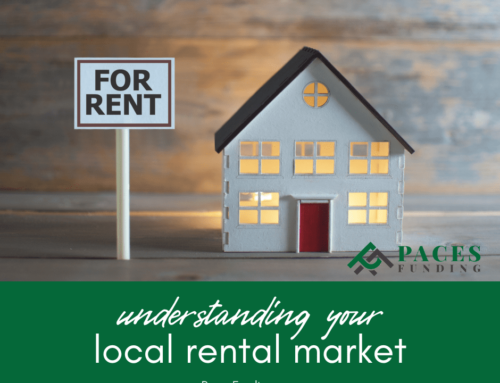
Home Water Treatment Systems: What REIs Need to Know
If you’re planning to turn a home into an investment property (you’ll be the landlord), you may want to give the water quality in your rental some special attention. In a time where local water supplies are being investigated in several municipalities, potential renters are making water safety a top priority when searching for homes. Installing a drinking water treatment system into your home can be a good investment (and it can give your renters with peace-of-mind).
When cleaning and staging your home, you may be focused on removing hard water stains from visible areas, which is good, but you need to take it a step further. It is highly probable that potential renters are turning the faucets on, letting them run, and even taking a drink.
There are many water maintenance systems that can be installed in a home to make water look and feel better, as well as safer. If the water in the home contains colors, odors, and sediment—a water softener will help—but it won’t remove bacteria or organic chemicals such as chlorine, pesticides and herbicides. Here are some additional water treatment systems to consider when updating your home.
Ultraviolet Water Purification
Using UV light, this type of system disinfects water to reduce bacteria and viruses. It is important to note that it does not remove chemicals from water. There are single faucet and whole house installations available.
Distillation Systems
Adding a distillation system to your home allows for safer drinking water by a vaporization, sterilization, and condensation process. This process removes heavy metals, chemicals and bacteria and are available in countertop or tank methods.
Reverse Osmosis
Reverse osmosis systems are available for whole home or countertop installation. They are effective at removing chemicals, bacteria and viruses.
If you’re looking for a hard money loan in Atlanta, we may be able to help you.
Call us at 404-814-1644 or contact us online to find out whether you might qualify for this type of funding. In the meantime, check to ensure that you meet our loan criteria. Our loan amounts can be up to 65 percent of the after-repaired value of the collateral—and if you use the loan for renovation or construction, the loan amount can be based on the collateral’s improved value.
Read our frequently asked questions and take a few minutes to learn about the hard money loan process.














